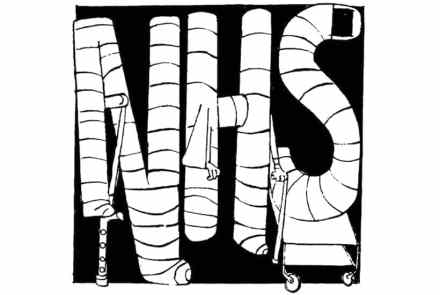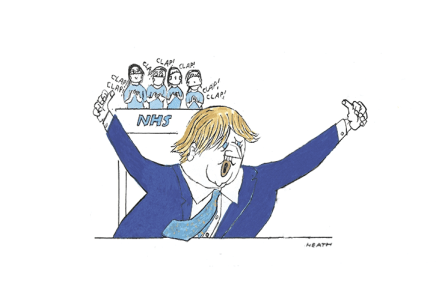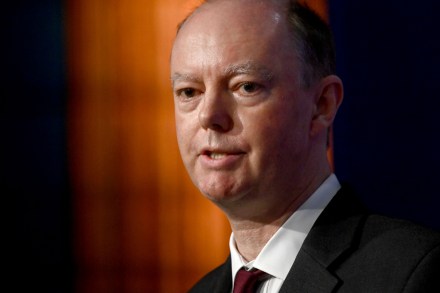The march of the ‘menosplainers’
I think we’ve reached peak menopause. You simply can’t switch on the radio, open a newspaper or watch telly without some fiftysomething media babe banging on about her hot flushes, sudden rages and the feeling of going mad. Davina McCall has just made a whole TV show about it (Sex, Mind and the Menopause), and her book Menopausing is out this month. McCall has likened her symptoms to those felt by people with a brain tumour. Clearly, she has never known anyone with a brain tumour, because those symptoms are a little more significant than simply forgetting where you left your keys, or feeling suddenly hot. I’m not saying there





















